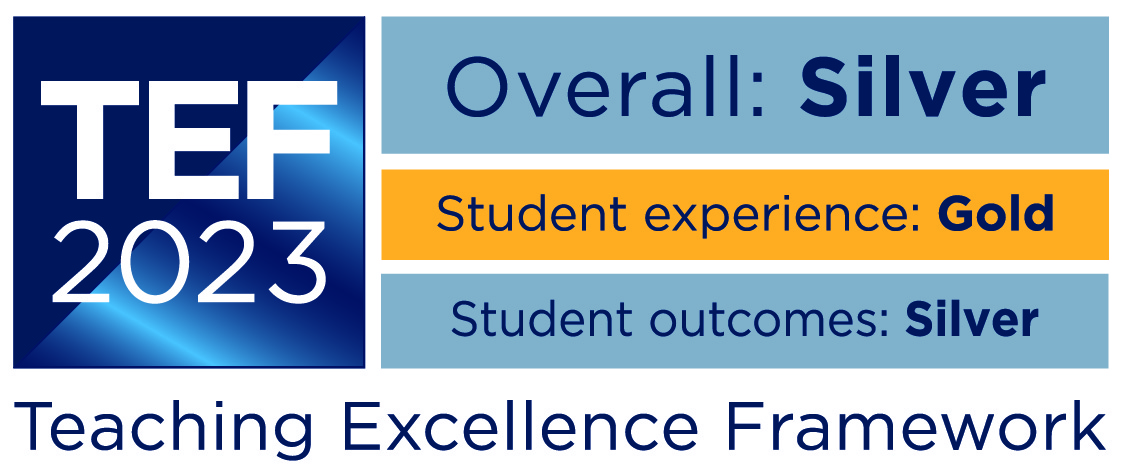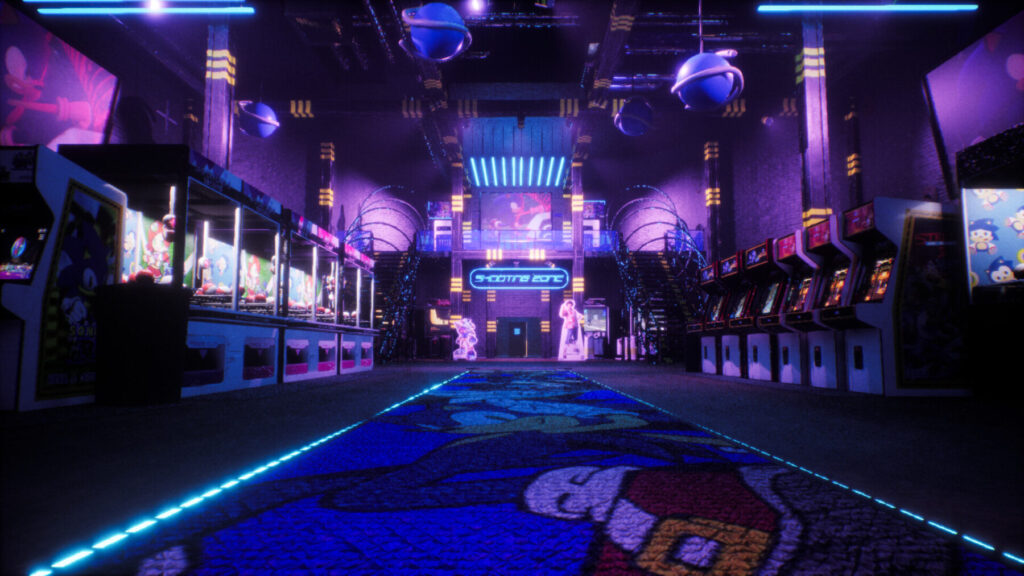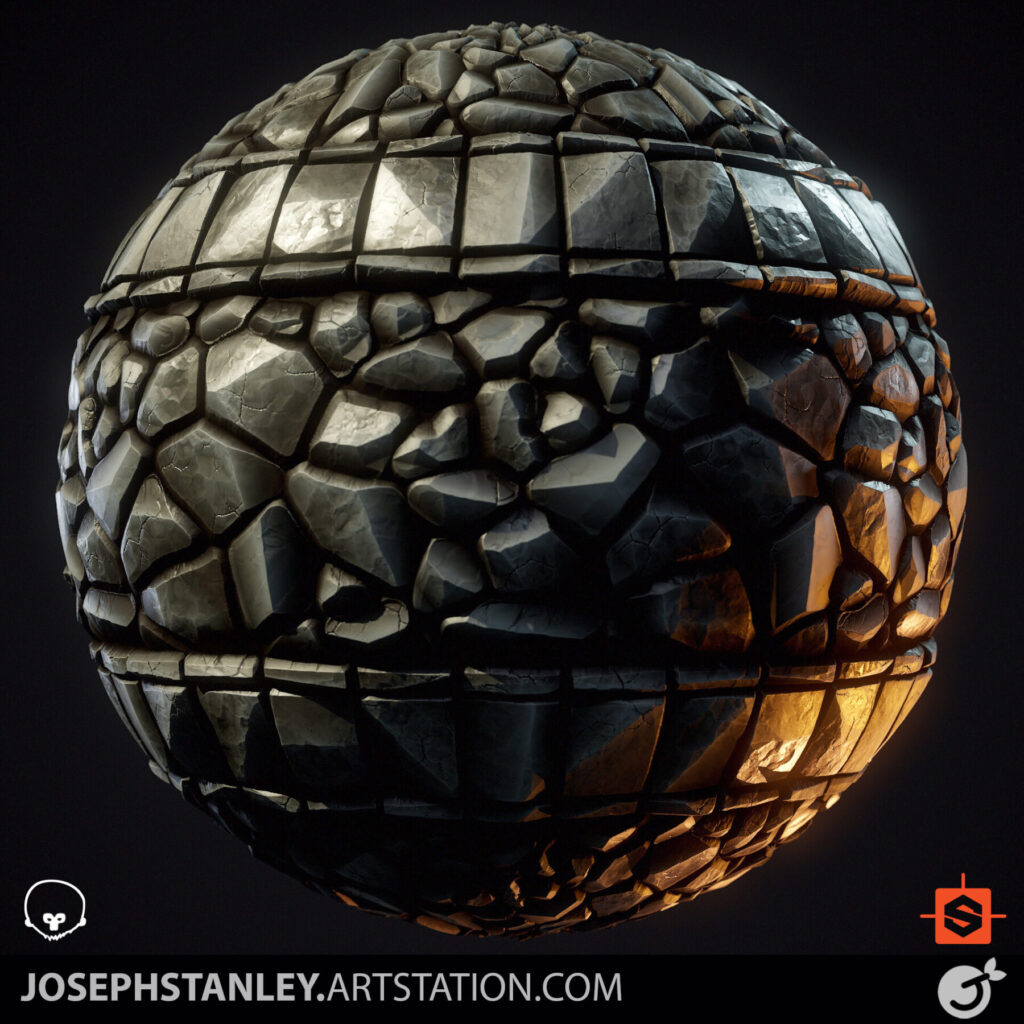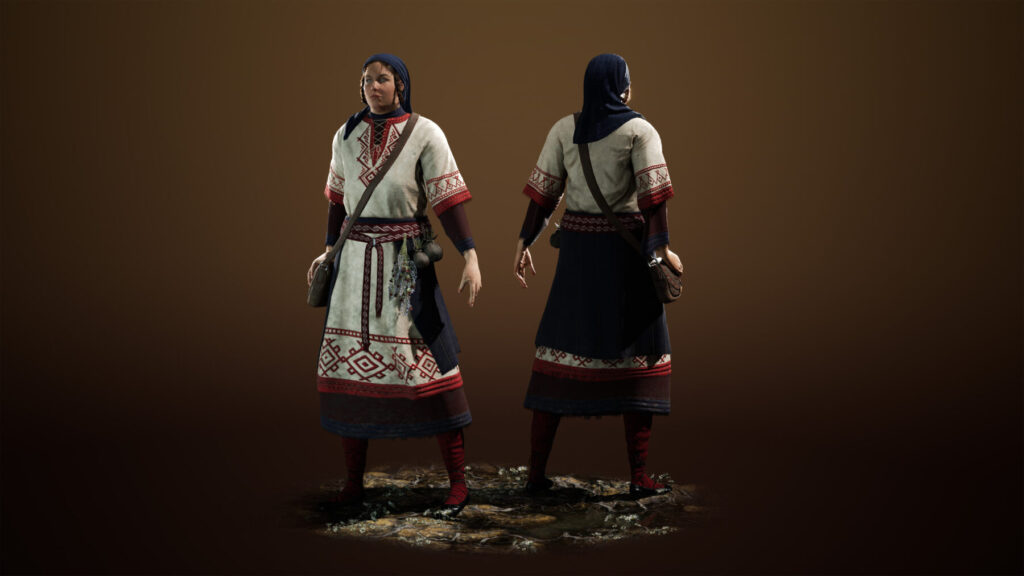This website uses cookies so that we can provide you with the best user experience possible. Cookie information is stored in your browser and performs functions such as recognising you when you return to our website and helping our team to understand which sections of the website you find most interesting and useful. For full details on the cookies used on our website, please visit our Cookies Policy page.
YEAR 1
Art Fundamentals (40 credits)
An introduction to the fundamentals of applied artistic knowledge, covering core principles such as form and volume, perspective, figure, gesture, light, and colour, alongside observational and life drawing workshops.
Introduction to 3D Modelling for Games (40 credits)
Designed to introduce you to basic modelling techniques with an industry-standard 3D modelling package and familiarise you with 3D modelling workflows. It aims to provide a solid foundation of game engine ready asset creation and enable you to create a portfolio of 3D modelled work.
Visual Design 1 (20 credits)
This focuses on the foundational concepts of design, analysis successful practices, the theories behind good design, shape language, environmental design, character design and prop design which are all used in the creation of concept art. Framing the learning around constant iteration and development of ideas, formulating good design ideas and peer to peer feedback.
Historical Contextual Studies (20 credits)
This module encourages students to engage with the history of their mediums, with a chronological study of the history of art and their movements (placing the techniques they are learning against the backdrop of their historical development) and how these movements have influenced the visuals of games. Key skills like writing, research, referencing, and presentation skills are also developed.
YEAR 2
3D Character Art (40 credits)
You will explore the forms of the human body, familiarising yourselves with the creation of a character through digital sculpting, detailing, retopologising, baking and texturing phases. This both strengthens the core understanding of anatomy as well as enriches the appreciation of how the production pipeline works.
3D Environment Art (40 credits)
Enhance your practical skills in 3D modelling and texturing software and analyse the process for preparing game art assets for use within a game engine. You will construct a level using a game engine, incorporating modular modelling, trim sheets and PBR (physics-based rendering) texturing.
Visual Design 2 (20 credits)
This module expands your visual design skills and introduces more advanced levels of concept design methodology and theory as well as allowing students to specialise in their chosen field within the realm of visual design and concept art.
Contemporary Contextual Studies (20 credits)
An introduction to key concepts, cultural issues, and contexts that support both workshop and studio practice as well as professional game art practice. It will explore the development of the game art practitioner and analyse the influences of design practitioners, enabling you to develop a range of cognitive skills including research, analysis, synthesis, and evaluation.
YEAR 3
Honours Project (40 credits)
Your chance to develop your specialism, working on a project you design in collaboration with the module lead.
Game Engine Project (40 credits)
To prepare you for a career in game art by developing your ability to employ professional technical art practices and procedures. It enhances your skills through the creation of a unified body of work that showcases a professional understanding of the technical art pipeline and promotes the development of work from original conception to completion using an industry-standard game engine, encouraging exploration to formulate workflows that solve art pipeline problems related to a proposed brief.
Visual Design 3 (20 credits)
This module aims to investigate and evaluate game art created by contemporary artists, building upon your visual design skills through the creation of a professional 2D game art portfolio. It enables you to create your own project briefs that are appropriate for and complement your chosen specialism and provides an opportunity to prepare portfolios in readiness for job interviews for game art roles within the industry.
Personal & Professional Development (20 credits)
A module focusing on getting you a job: everything from CVs, websites, showreels and portfolios, to how and where to network, interview practice and how to find work as a freelancer
WHAT ARE CREDITS?
As a guide, 20 credits typically represents around 52 hours of tutor contact time (e.g. lectures/workshops/feedback) and 148 hours of self-study time (usually over the course of a semester). These numbers may increase or decrease depending on the nature, length and level of the module, especially towards the end of the course.





